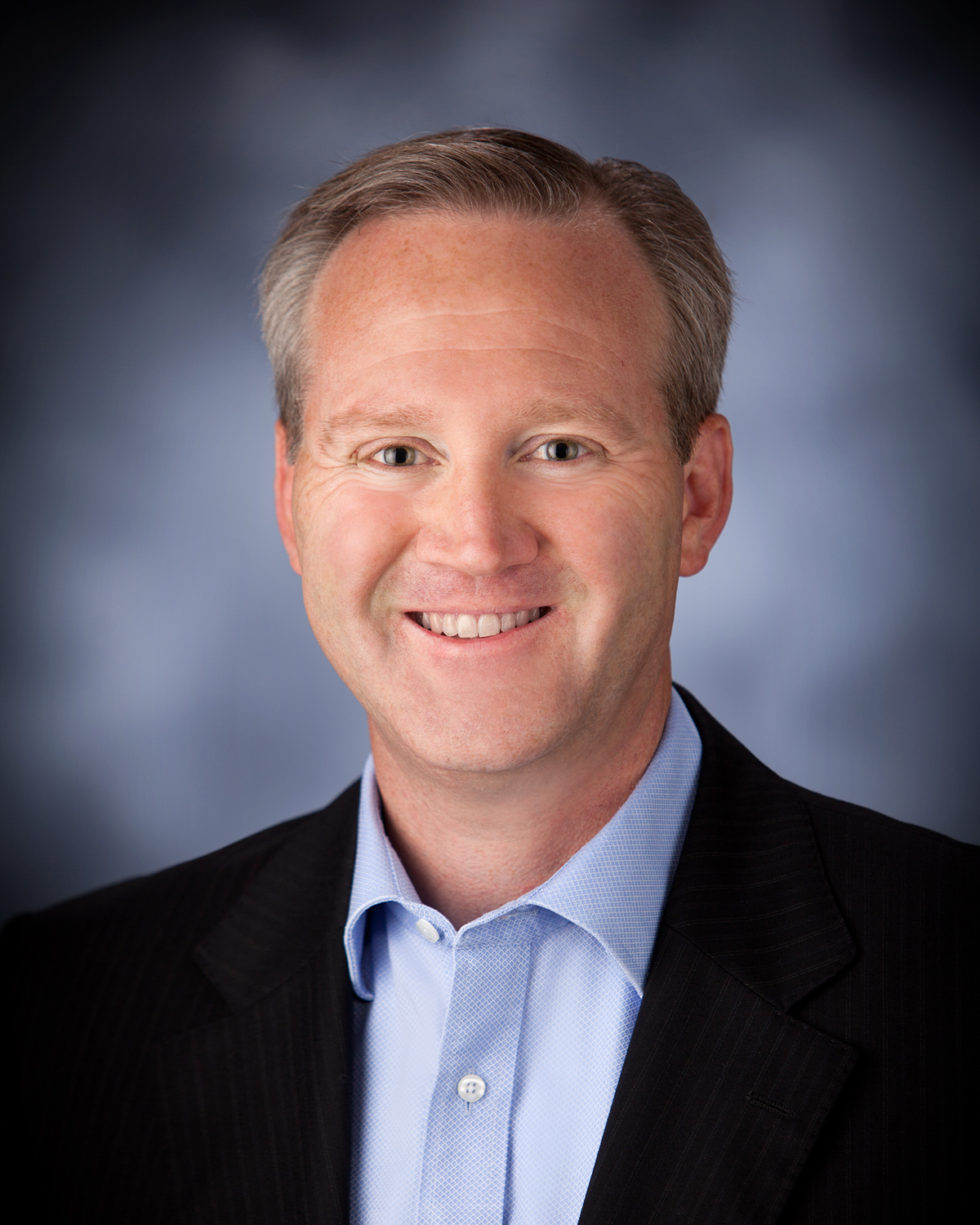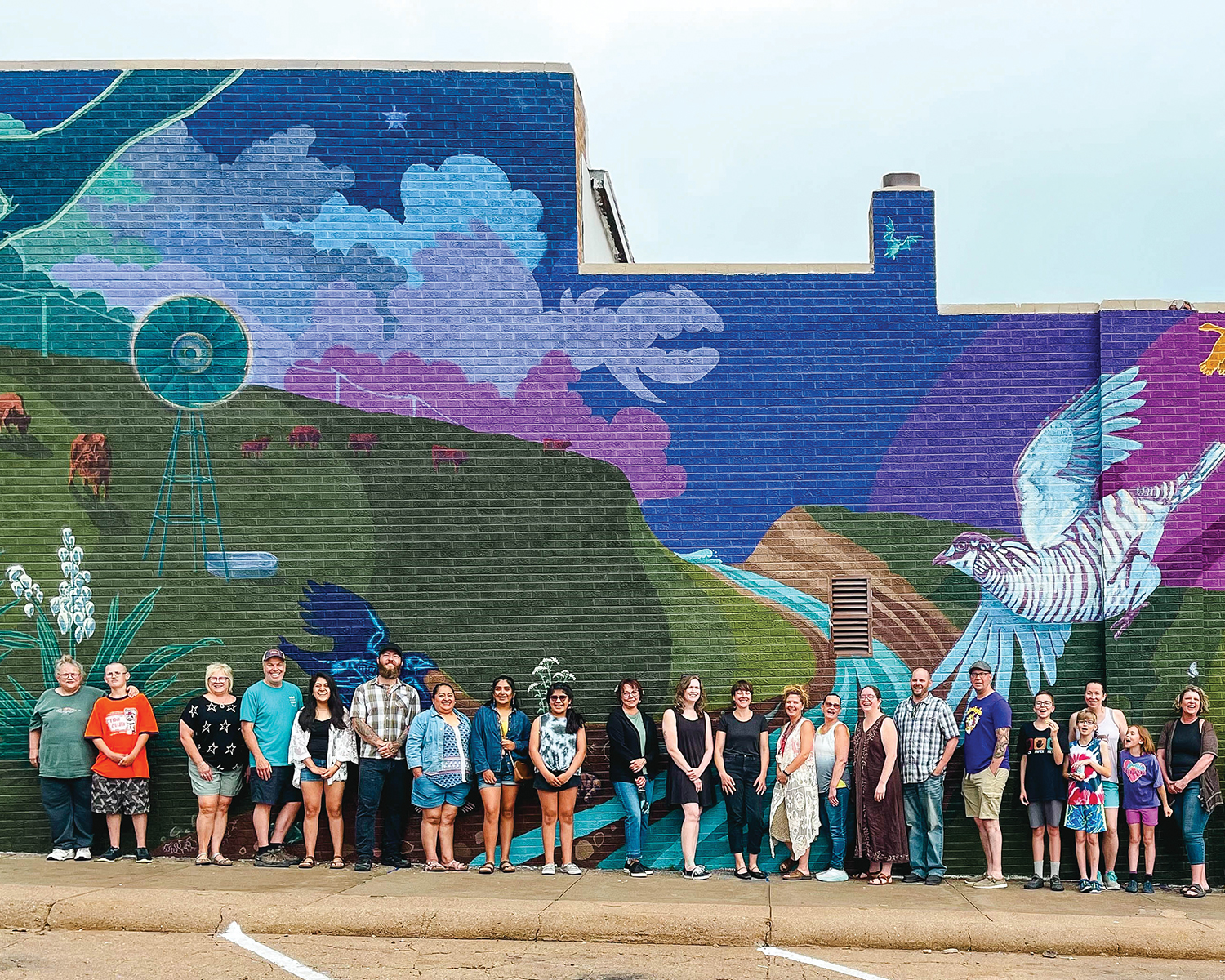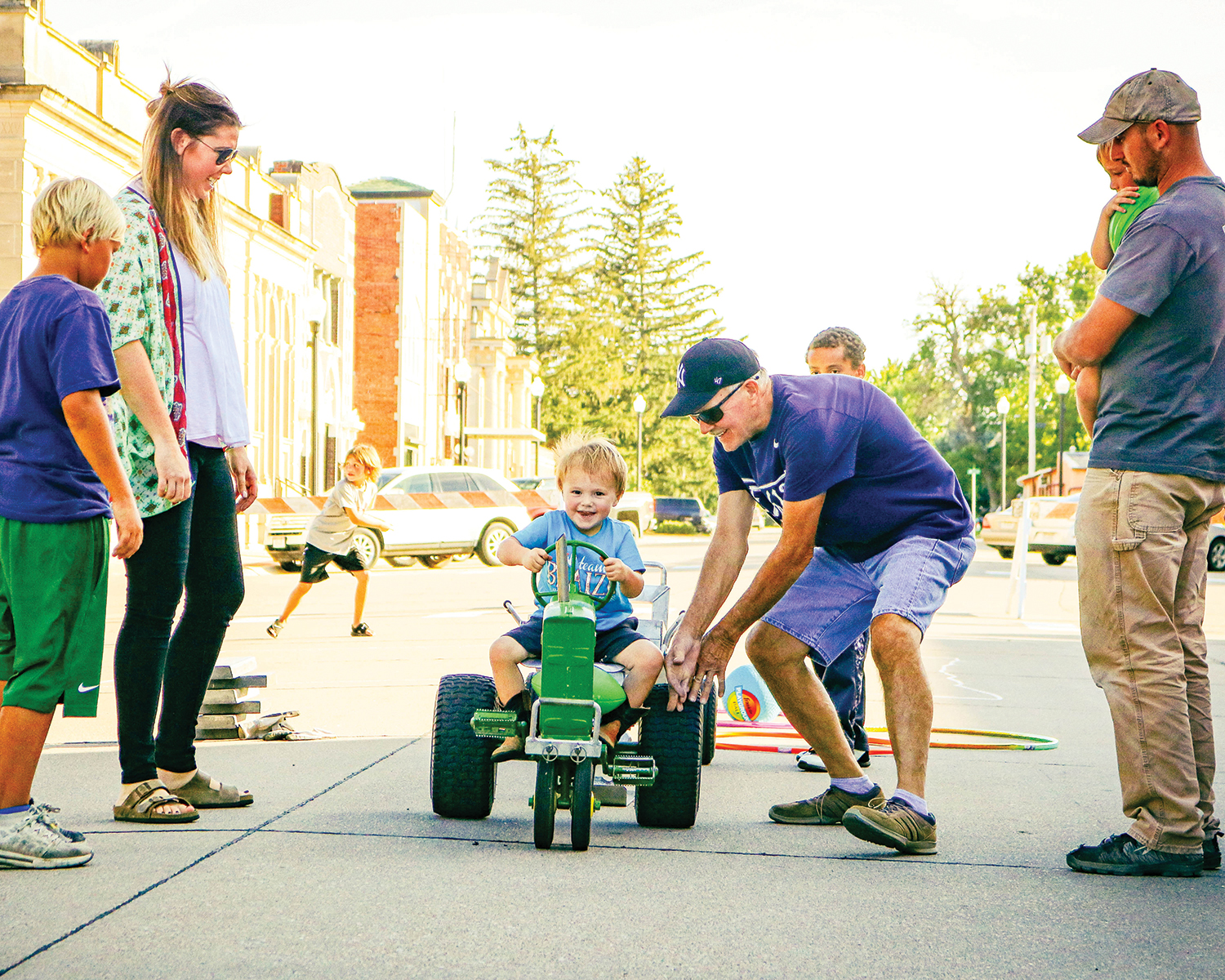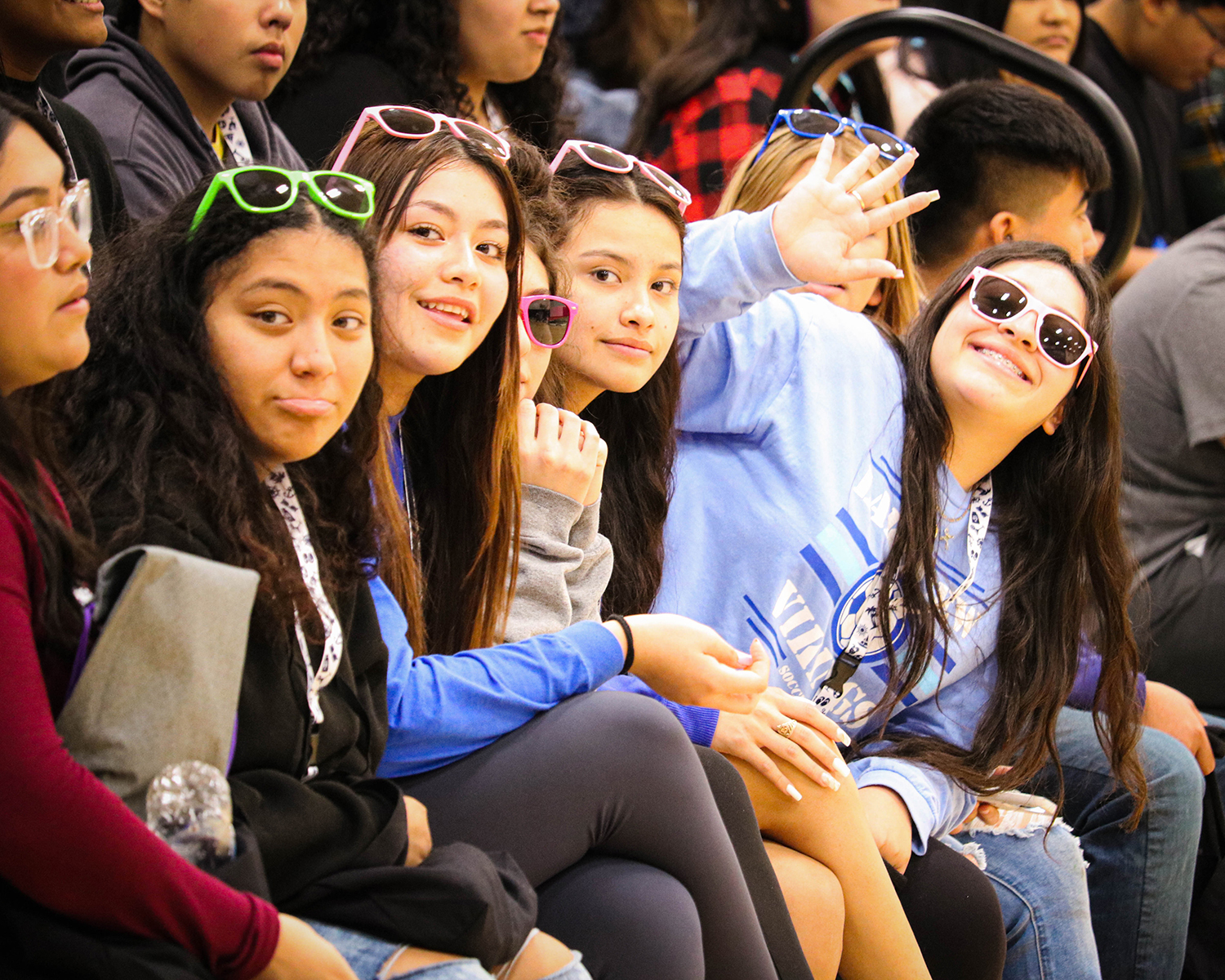 By Jeff Yost
By Jeff Yost
Throughout this year, we’ve praised the Nebraska Community Foundation volunteer network’s response to the ebbs and flows of the COVID-19 pandemic. Our neighbors throughout the state inspired us as they organized food drives, aided their local schools and bolstered their communities’ spirits in the midst of directed health measures and increasing case numbers. This past year presented a unique, unprecedented test of our community spirit. Once again, Nebraskans provided a shining example of composure under pressure.
Though 2020 is coming to an end, the year’s challenges won’t disappear when the clock strikes midnight on New Year’s Eve. Hope is on the horizon with the announcement of effective vaccines on the way, but Nebraskans face a few more trying months before inoculation is available to all. We can’t rest now—it’s imperative we continue to co-create support for our communities. The best way forward, as always, is through cultivating and strengthening our community networks. Thankfully, we have no shortage of examples to follow as we prepare continued efforts to keep our communities healthy and safe in 2021.
Look to northeast Nebraska, where volunteers with the Norfolk Area Community Foundation Fund recognized an increased need in the community and partnered with Our Savior Lutheran Church to award $4,000 to Project Homeless Connect. The annual event provides individuals with essential services, including dental, medical and behavioral health care at no cost.
A global pandemic made the event more vital than ever. In rural areas like Greater Nebraska, access to services, resources and shelter is limited, exacerbating perennial concerns among individuals experiencing homelessness, according to the Nebraska Commission on Housing and Homelessness. Outreach programs are also not as widespread outside of metropolitan areas. Project Homeless Connect aims to fulfill at least some of those needs. Organizers said the event drew a larger-than-normal turnout and praised the community-wide effort to support those most vulnerable.
Some of the pandemic’s biggest challenges face those on the front lines of the battle against the virus. Personal protective equipment—like facemasks or cloth coverings—used by many local fire departments are limited and often only suitable for a few uses, so affiliated funds looked for ways to ease the lives of local responders. The McCook Community Foundation Fund awarded a $1,200 grant to help its local department purchase four filter adapter assemblies and associated filter cartridges. The filtration system works with the breathing apparatuses firefighters already use regularly, making their equipment more efficient at filtering potential contagions – protecting both responders and their patients.
Communities continued their good work in the fall. Boone County Foundation Fund celebrated a record-setting Big Give event in early December. Residents rallied to support a bevy of local organizations, donating more than $400,000 to boost early childhood education, libraries, the arts, healthcare, fire departments, and more. In early December, the Pender-Thurston Education Community Foundation Fund established a Bridging the Learning Gap account with a goal to direct $20,000 toward Pender Public Schools. Like Bridging the Learning Gap grants made earlier in the year, the money will help primary and secondary students more efficiently take advantage of remote learning possibilities.
In addition to providing much-needed support during hard times, these efforts strengthened existing community bonds and created new ties. We’ve learned firsthand this year that no person inhabits an island all their own. If one person is struggling, then the community follows suit. Positive connections breed positive actions that ripple through homes, neighborhoods, communities, states and even nations. That is a lesson we need to remember even after the pandemic’s hold relaxes. Once we can turn our focus away from short-term assistance, we can again realign our vision with a renewed passion for long-term growth.
As we enter 2021, we need to keep these examples prominent in our minds while planning future grants and assistance. We must continue to discuss the economic impacts of the pandemic on our communities, while empowering grant-making efforts that meet the needs of residents facing food, housing and employment insecurity. Through cooperatively lifting up our neighbors, we also bring them to the table for future community-building conversations. These mutually supportive connections will bolster our places, both in the short-term and for years to come. Transformative change is possible throughout Greater Nebraska so long as we nurture relationships within our communities. The next year may see an end to the pandemic, but the passion Nebraskans have for their hometowns must never cease.
Together a Greater Nebraska, in 2021 and beyond.



